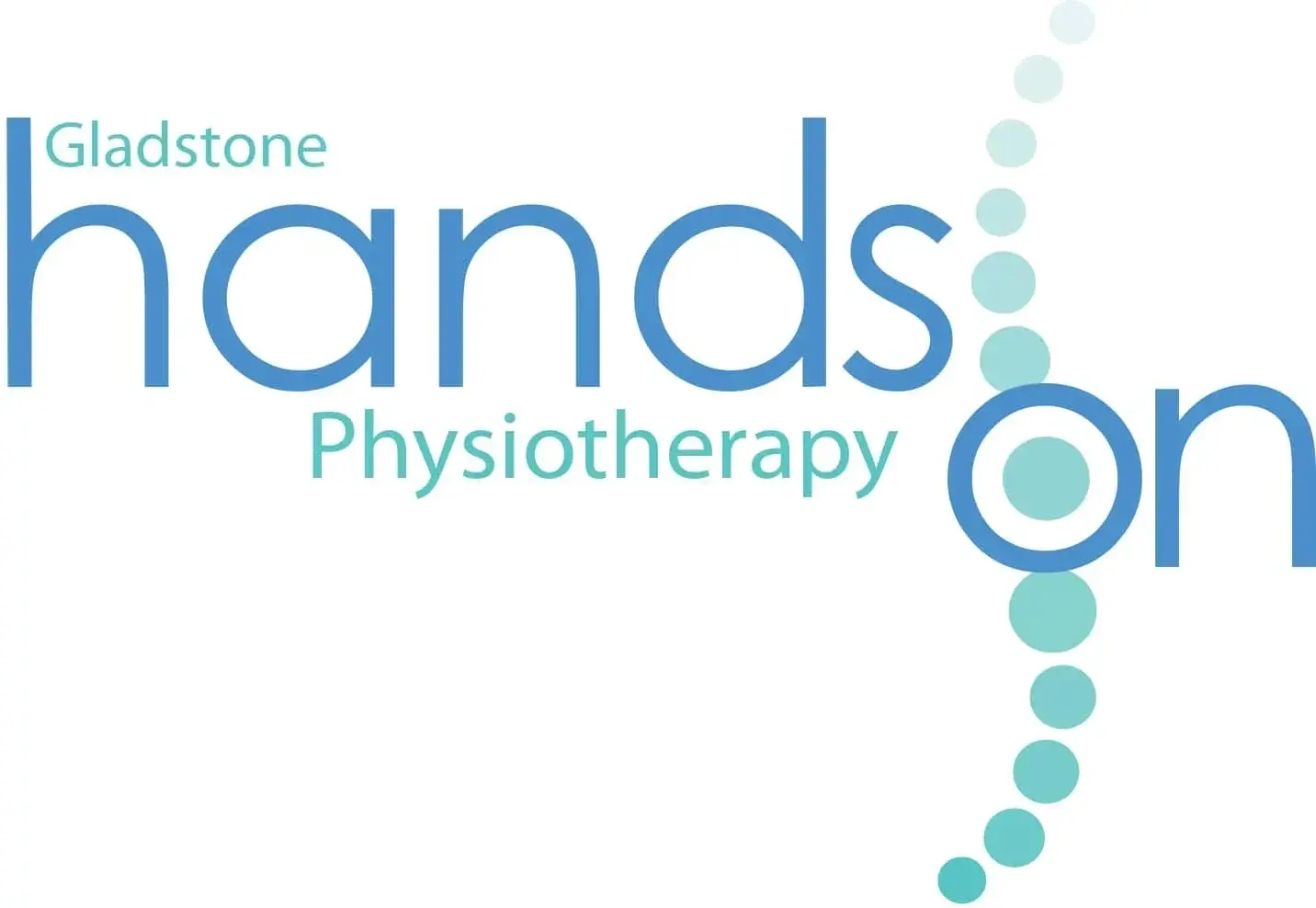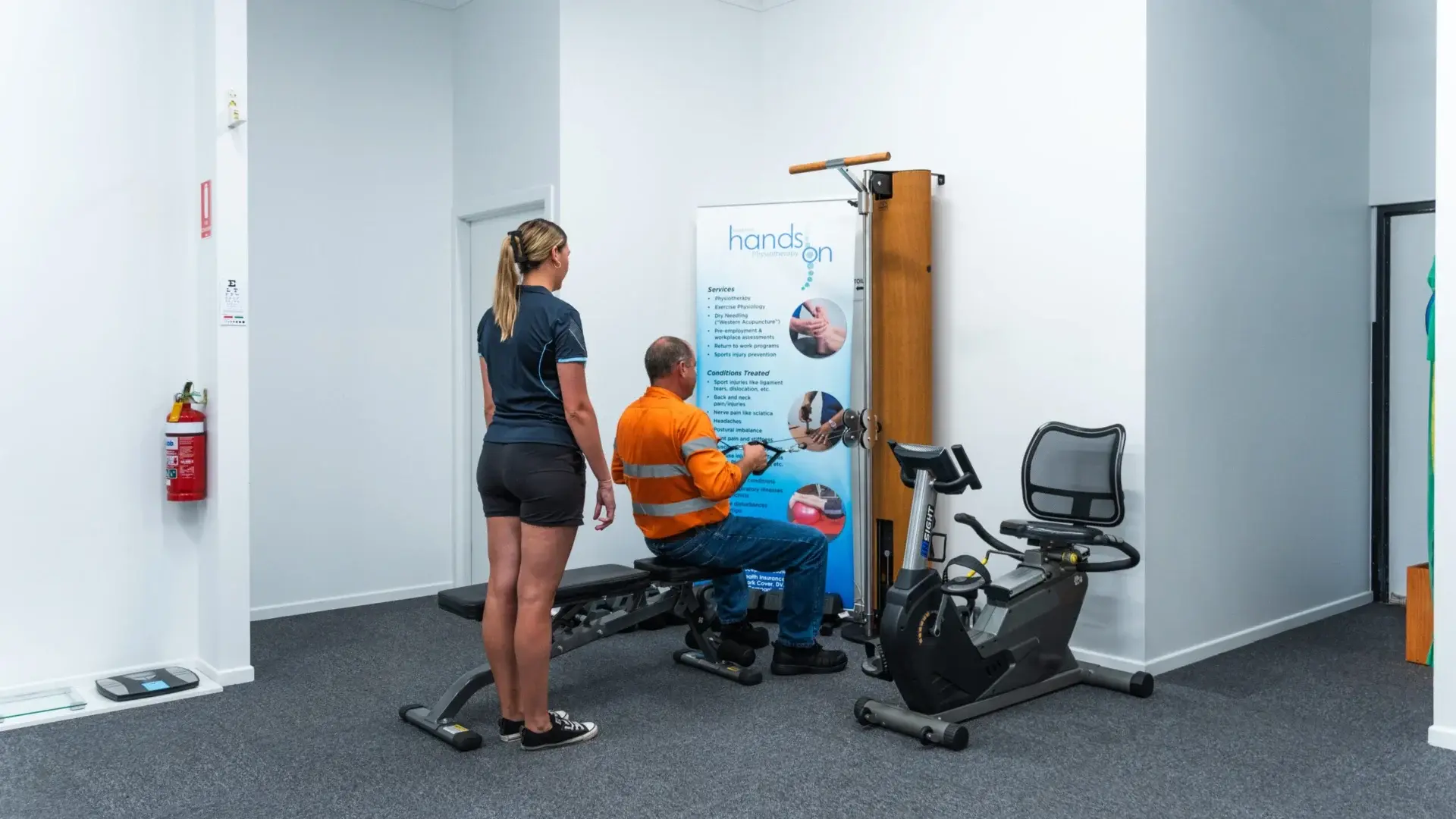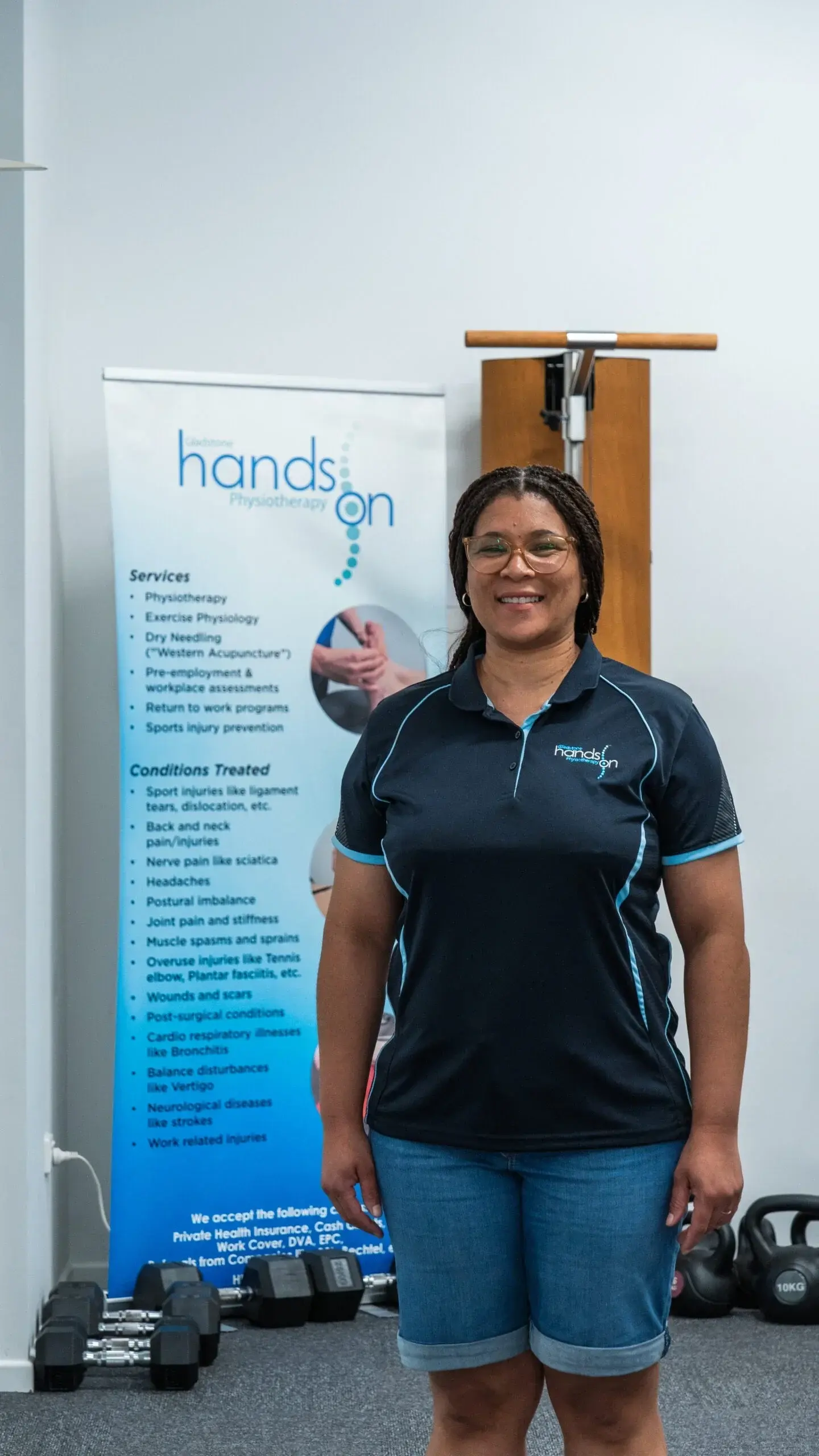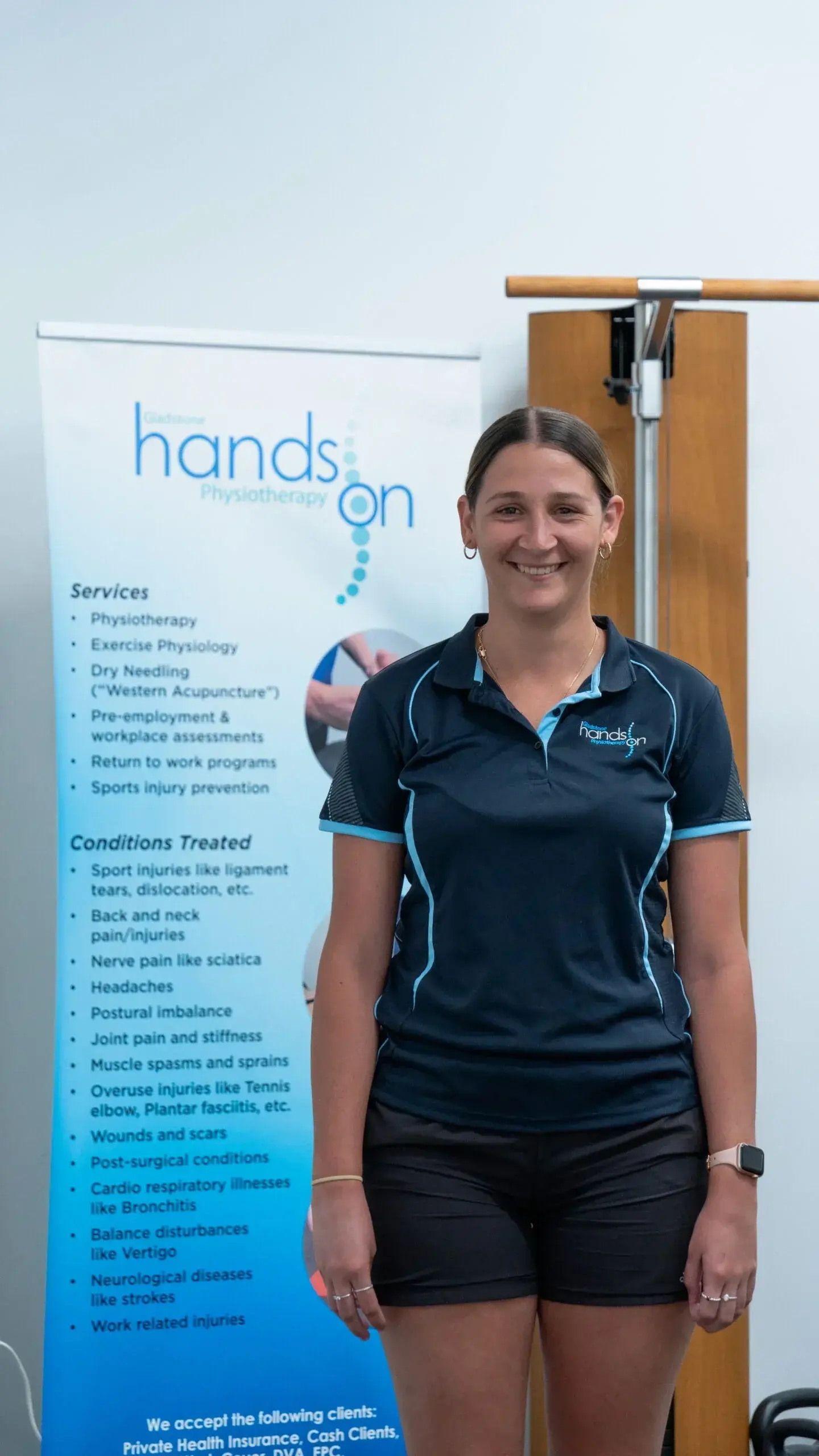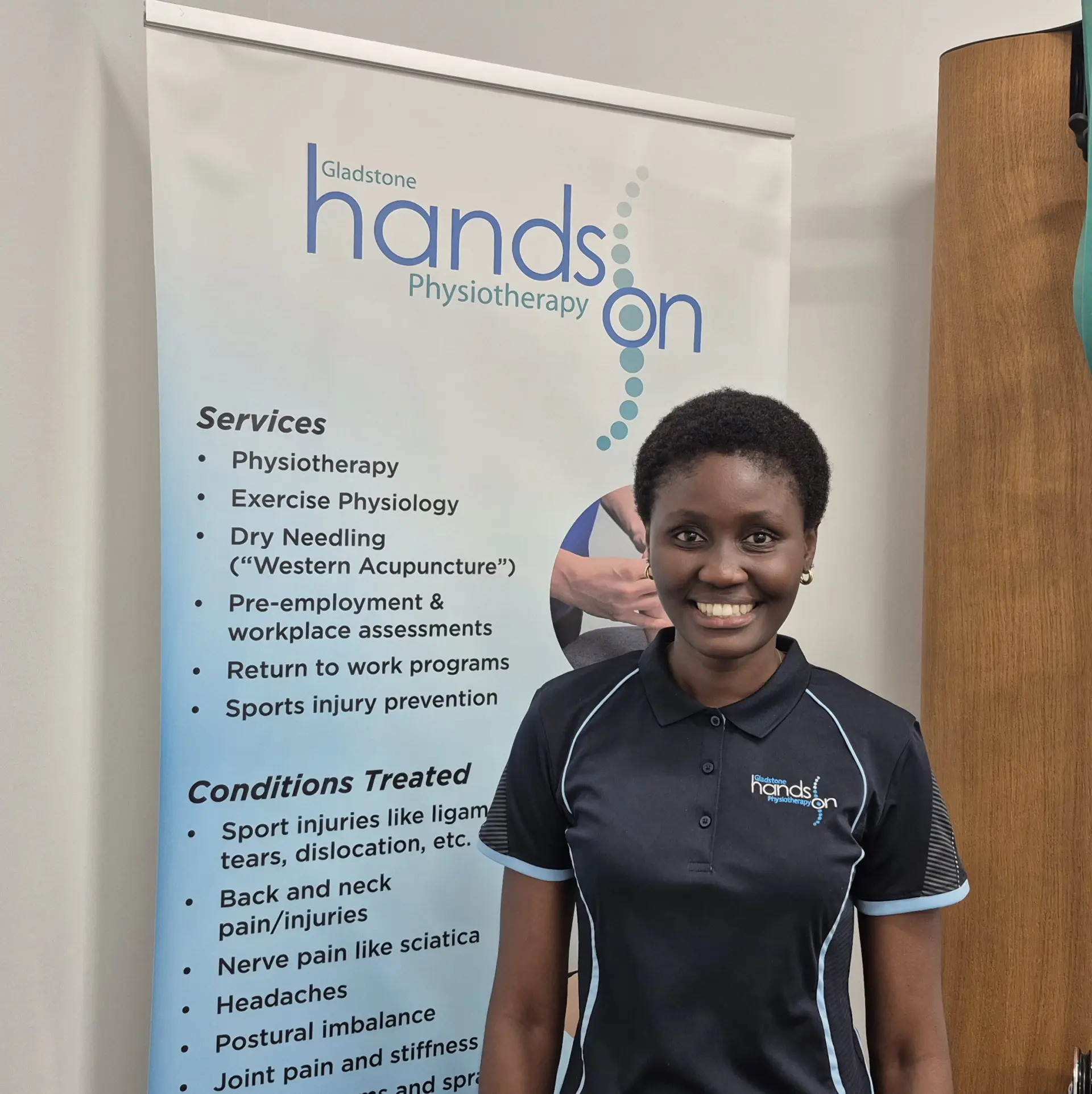What are the main goals of strength and conditioning?
A strength and conditioning program focus on two main goals. The first goal is to maximize performance, whether you are a stay-at-home mum or an athlete. The second is to reduce the risk of injuries and strengthen areas at most risk of developing injuries.
Will strength and conditioning help me with my injury?
There is very strong evidence to support the use of rehabilitative exercises following injury and illness. Effective strength and conditioning is vital in returning to physical activity and sport following an injury. Strength and conditioning also assist in the reduction of risk factors leading to re-injury.
Is Strength and Conditioning only for athletes?
No. The principals of Strength and Conditioning can be applied across all spheres of physical activity. Whether you’re an elite athlete, novice or require the necessary mobility to engage in leisure physical activities, a strength and conditioning program can assist you in achieving your physical goals whether it’s to increase your athletic performance or enhance your quality of life.
How is a Strength and Conditioning program structured?
A Strength and Conditioning program is specifically design for each user. The health professional may perform a series of physical tests to determine your base line level of strength in a variety of settings as well as assess areas that may be prone to injury and identify weaknesses. The program is multifaceted and comprises of a combination of power, plyometric, weight-lifting, and conditioning modalities.
What does conditioning do to your body?
Body Conditioning increases your endurance, flexibility, and quality of movement. It focuses on developing your balance, power coordination and speed. These are essential components for, reduce the risk of injury, improve the rate of recovery as well developing greater athletic performance in athletes.
